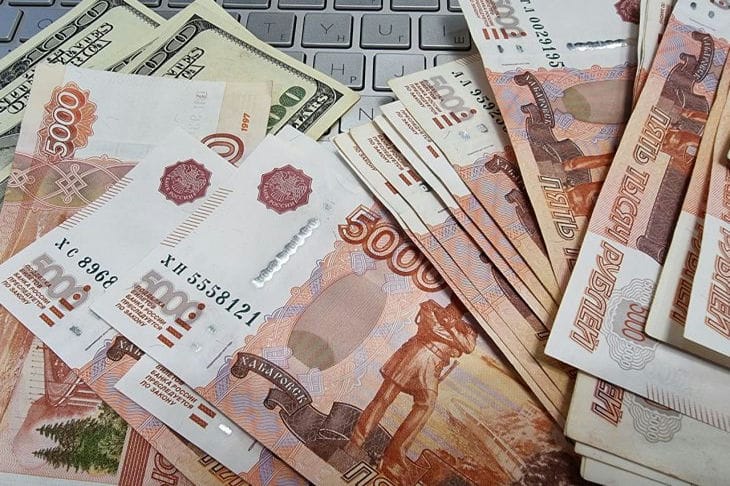How to Save Money on a Small Income: 5 Practical Tips
Even if it seems like there is no money at all, in reality there are always opportunities to cut expenses and start saving.
First, analyze your spending. Write down every purchase, even the smallest ones - a bottle of water or coffee on the way to work.
This will help you understand where your money is going. Identify items that can be cut or eliminated altogether.
Second, create a realistic budget and stick to it. Calculate the necessary expenses - food, transportation, rent.
Set aside a reasonable amount for entertainment and unexpected expenses. Try to stay within your budget.

Third, look for ways to save on everyday items.
Buy products at discounts, cook at home instead of going to cafes, walk instead of taking taxis. Use coupons and store bonus cards.
Fourthly, sell unnecessary things - clothes, books, household appliances.
Use the proceeds to your "savings fund." Also, work part-time in your spare time to replenish this fund.
Fifth, if you have debts, pay them off immediately to stop paying interest. If you are overwhelmed by loans, first of all get rid of those with a higher interest rate.
Finally, don't spend the rest of your account balances, save them. Even small amounts, if saved regularly, quickly add up to a significant "safety cushion" for a rainy day.
It is possible to save and accumulate funds even with a very modest income. The main thing is to be aware, set a specific financial goal and consistently adhere to the chosen strategy. I am sure you will succeed!
Earlier we wrote about how many times a day you can wash in a washing machine.
